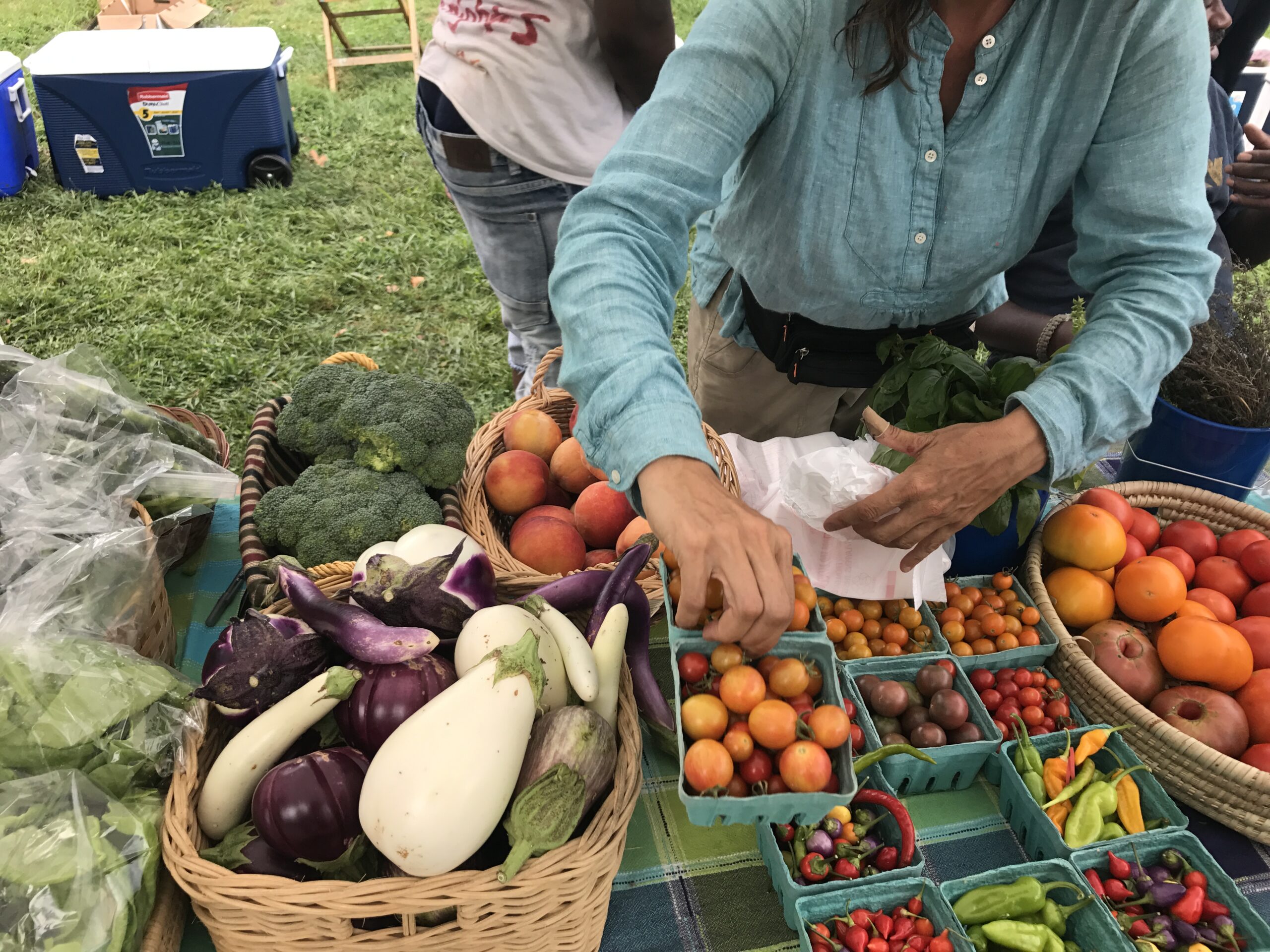EQUITABLE GOOD FOOD PROCUREMENT is the purchasing of good food from locally- or regionally-owned, and environmentally- and economically-sustainable farms, ranches, fisheries and food businesses that prioritize the needs of low-income communities of color and treat their workers with dignity.
From the depth of need and despair, people can work together, can organize themselves to solve their own problems and fill their own needs with dignity and strength
-Cesar Chavez





GROWING JUSTICE: The Fund for Equitable Good Food Procurement is a project of the Amalgamated Foundation
GROWING JUSTICE: The Fund for Equitable Good Food Procurement is a project of the Amalgamated Foundation